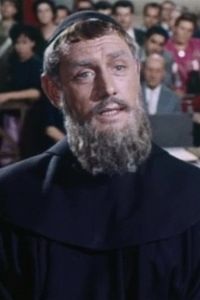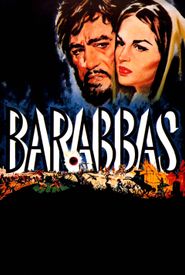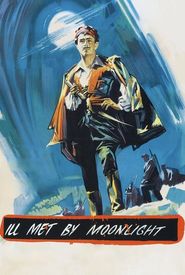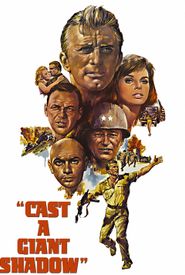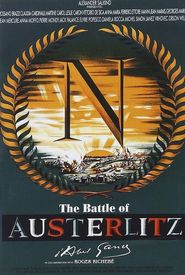Rowland Thomas Bartrop, a talented individual, was born on December 21, 1925, in Walthamstow. Despite his father's career with Scotland Yard's Special Branch, young Rowland was drawn to the world of acting.
He joined the London Stage Academy in 1943 and initially gained recognition for his performances in juvenile roles. During World War II, he toured with NAAFI and ENSA, performing in French Without Tears alongside renowned actors Rex Harrison and Anna Neagle.
Throughout his career, Bartrop worked extensively in both London and provincial theatres, and even recorded Shakespearean plays, including Coriolanus, starring the legendary Richard Burton.
In the 1950s, Bartrop transitioned to television, where he befriended Edmund Purdom on the series Sword of Freedom. The two actors then decided to pursue their careers in Europe, primarily in costume movies.
Bartrop's notable roles include Horatio Nelson in The Battle of Austerlitz (1960) and a friend-of-the-hero to Steve Reeves in The Son of Spartacus (1962). In Europe, he shortened his first name to "Roland" and went on to play memorable characters.
The actor's death, which occurred at the age of 43, was largely unreported, but his family believes it was due to a suspected heart attack, which was unexpected given his fit physique. At the time of his passing, Bartrop was residing in Switzerland with his wife, actress Colette Bartrop, who had appeared alongside him in Faces in the Dark (1960).
